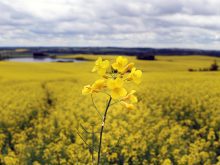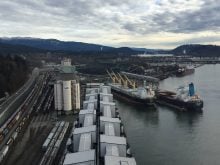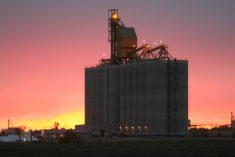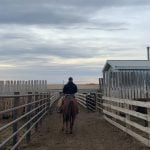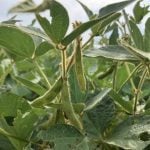RED DEER – When clubroot is found around entry points to farm fields, energy companies are often blamed.
Clubroot is a disease that affects canola, mustard, cabbage, broccoli, radish, turnips and camelina. It has been discovered in at least 12 Alberta counties, particularly around Edmonton and in southeastern Alberta, devastating yields and killing plants.
Keeping equipment clean is key to controlling the disease. Landowners who have oil or gas wells on their property can include a clause in a lease agreement saying the energy company must clean its equipment before it enters a field to prevent the spread of disease, said Murray Hartman of Alberta Agriculture.
Read Also
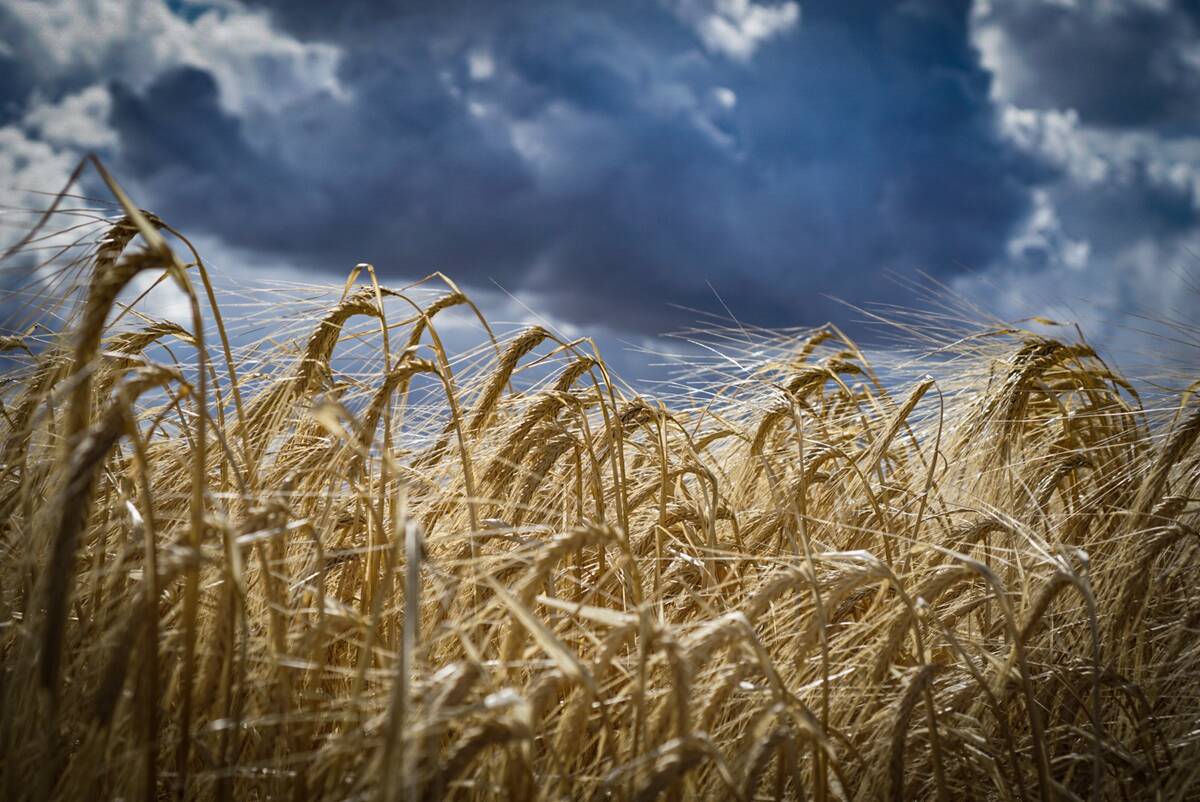
Malting barley exporters target Mexican market
Canada’s barley sector is setting its sights on the Mexican market to help mop up some of the lost demand from China
He spoke Oct. 29 at a Synergy Alberta meeting. This is an organization for landowners and energy companies to communicate and resolve disputes.
“There is going to be a bit of animosity from farmers when oil companies say they can’t afford to control it. If they can’t afford it, who can?” said Hartman.
Clubroot has been named a pest under the Alberta pest control act. Municipal agriculture fieldmen are responsible for enforcing the act and they need to learn and teach proper equipment cleaning techniques. Under the act, landowners or occupants are responsible for pest control and they have to take measures to control it, said Carol Goodfellow of the Farmers’ Advocate office.
Surveyors are not subject to the same requirements as energy companies and have no legal liability to prevent the spread of clubroot. Many will contact the landowner before entering a field but they do not have to, said Hartman. But, she added, the probability of bringing in clubroot on quads is less than heavy equipment.
“Survey quads are not the reason it is spreading,” said Hartman.
The disease is spread by spores, which can survive for long periods of time in the soil, so farmers are often advised to limit canola rotations to four to seven years.
“Spores have evolved to set there and wait until there is a suitable host,” he said.
The best action for now is to keep it out of fields if possible because it is hard to control once it arrives.
There are three levels of cleaning. The first removes soil and plant material from equipment by scraping off mud or sweeping off dirt. Level 2 sanitation requires power washing with hot water or steam. Level 3 removes debris with hot water followed by a disinfectant such as a one or two percent bleach mix.
Within Alberta, permits and cleaning are required when industrial equipment is moved between counties.
There is a designated wash site at Lloydminster to clean trucks and drilling equipment before leaving the province.





